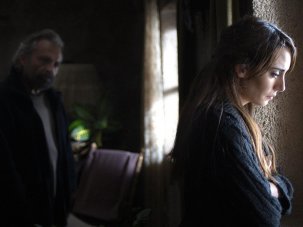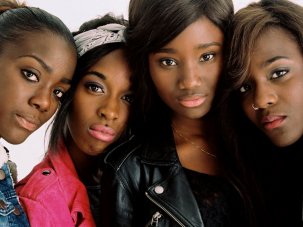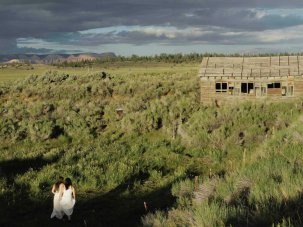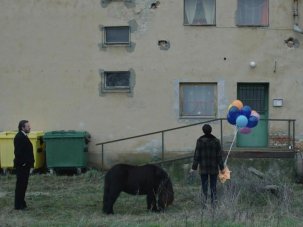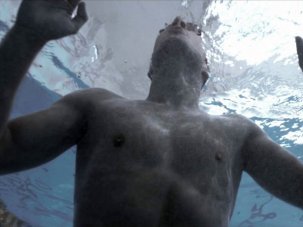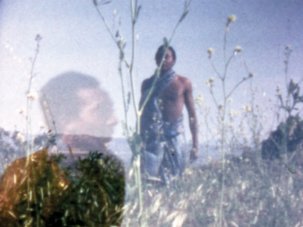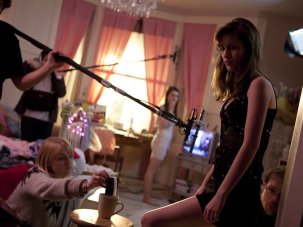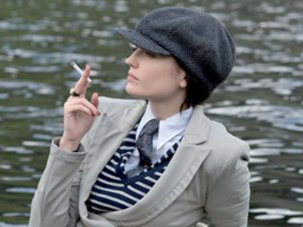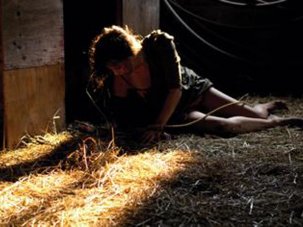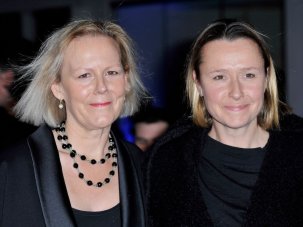Web exclusive
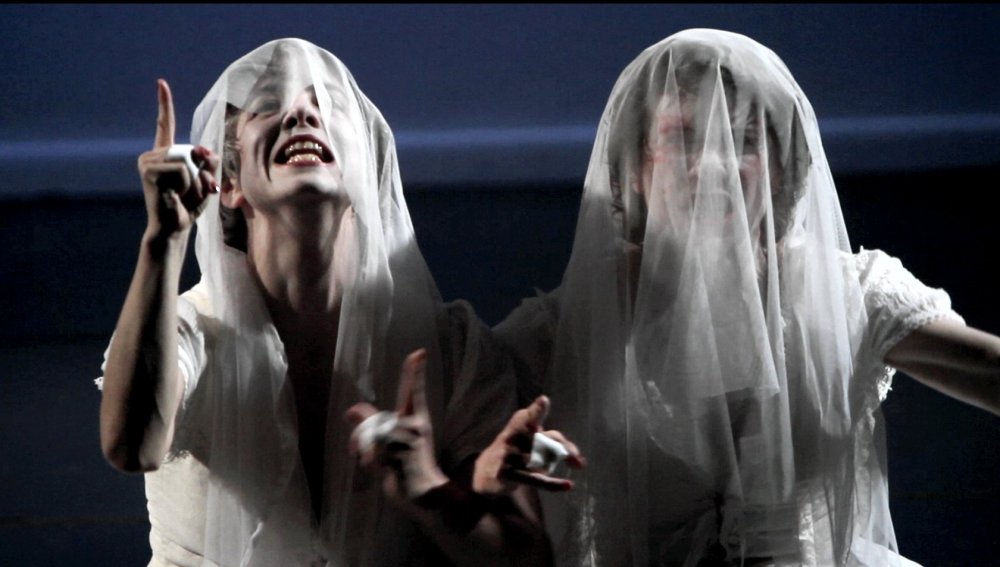
Butter on the Latch (2014)
It would technically just about be possible to cram in a viewing of all the features directed or co-directed by women at this year’s ; with a record-breaking 54 (out of 248, 20 per cent), however, that’s 4.9 per day.

BFI London Film Festival Director Clare Stewart
“It’s incredibly exciting to see that as a burgeoning area,” notes Festival Director Clare Stewart after running through the figures, “but there’s still work to do; we’re not at parity: none of our galas are directed by women. But festivals are much more likely to be a home for women filmmakers than the marketplace, and we want to do more to welcome them.”
Stewart says that the whole programming team takes responsibility for diversity, and “are committed to creating space for female directors and seeking them out”. Programmer Jemma Desai “has been a real advocate”, according to Stewart, as is evident from her previews of the festival’s female-friendly lineups for Dazed and the BFI.
Twenty per cent representation puts London exactly in line with the figures in the Sundance Institute and Women in Film Los Angeles’s 2013 report with the Annenberg Centre, and with representation at this year’s Toronto Film Festival, which was hailed by the Week as “the best platform for female filmmakers”.
London, likewise: you can catch two films each by Academy Award-winner Susanne Bier and Sundance favourite Josephine Decker, as well as Cannes Competition features from emerging auteur Alice Rohrwacher and Naomi Kawase. The transnational range of talent also includes first features from Desiree Akhavan (USA), Suha Arraf (Palestine), Tala Hadid (Morocco), July Jung (South Korea), Corinna McFarlane (UK), Afia Nathaniel (Pakistan), and Maya Vitkova (Bulgaria), as well as the return of veteran Iranian filmmaker Rakhshan Bani-etemad.
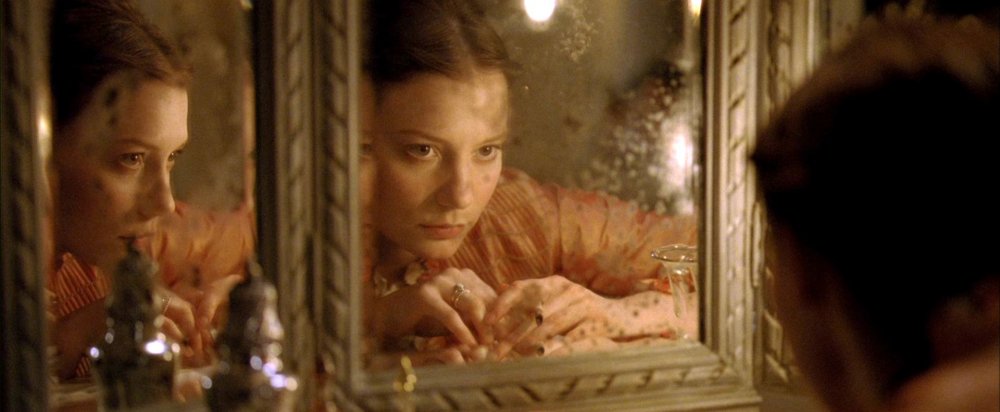
Madame Bovary (2014)
And there’s still 47 shorts to catch up with, including a directorial debut by actor Mia Wasikowska (as part of portmanteau film The Turning), who stars in Sophie Barthes’ prestige adaptation Madame Bovary. There are experimental shorts by British filmmaking partnerships Karen Mirza and Brad Butler, Pia Borg and Ed Lawrenson, and Eden and Andrew Kötting, in an exceptional Experimenta programme that also offers Emily Wardill’s feature When You Fall Into a Trance (programmed with a 70mm-shot short by Margaret Honda) and archival films by Maria Klonaris, Chick Strand and Penelope Spheeris. Helma Sanders-Brahms’s Germany, Pale Mother and John Halas and Joy Batchelor’s Animal Farm, the first feature-length British animation, are among this year’s archival treasures.
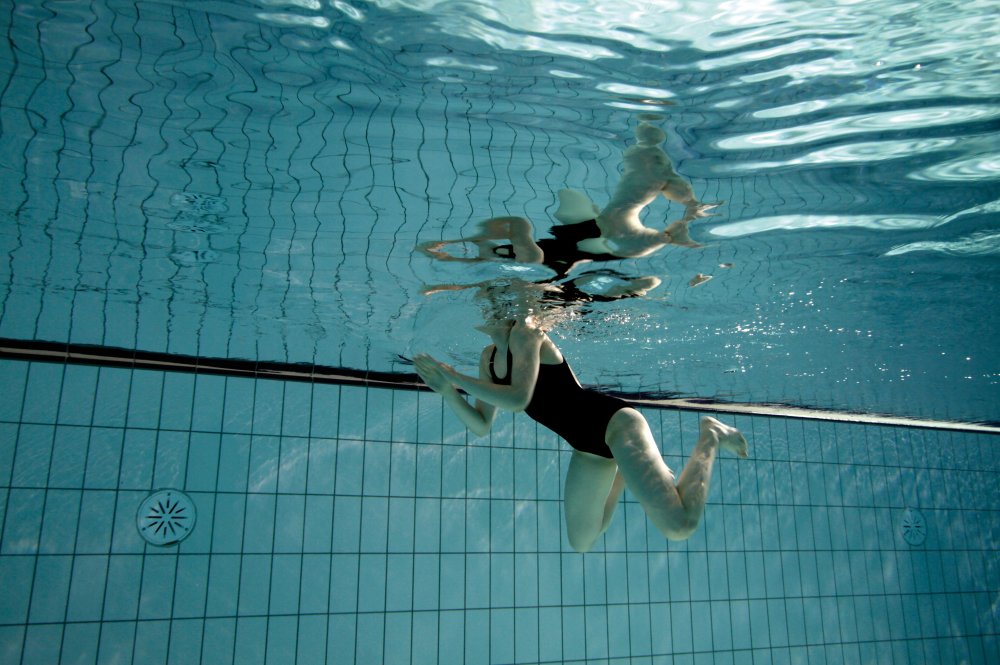
When You Fall into a Trance (2014)
Two new territories for emerging female filmmakers stand out this year. Firstly, from Israel, Shira Geffen, Ronit and Shlomi Elkabetz and Talya Lavie are all “thoroughly engaged in regional politics, so inventive in how they interrogate them”, says Stewart. Secondly are the former Communist states of Eastern Europe and the Soviet Union: alongside Vitkova, there’s Oxana Bychova (Russia), Zhanna Issabayeva (Kazakhstan), Tinatin Karjrshvili (Georgia), Eliza Kubarska (Poland), Teodora Ana Mihai (Romania), Alina Rudnitskaya (Russia), and Andréa Sedlacková (Czech Republic). This is a knock-on effect of a local strengthening festival culture, within which Stewart particularly salutes Karlovy Vary and Sarajevo for supporting and identifying interesting films.
“Festivals have an extremely important role in profiling new talent,” she adds. “They’re increasingly platforms for distributors, and for producers looking at future projects. That’s why we’ve partnered with Screen International this year on a networking event, and why we have our Official and First Feature competitions, and the Sutherland Award for British film. Festivals can act as R&D for the film industry, researching independent productions to find breaking talent.”
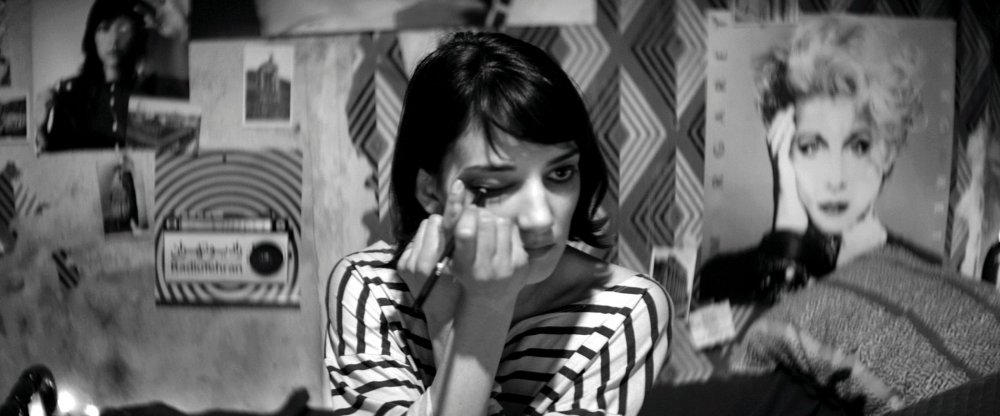
A Girl Walks Home Alone at Night (2014)
While the Gala programme’s only female auteurial talents are Cheryl Strayed and Vera Brittain – authors of the memoirs adapted for Wild and Testament of Youth – and women have yet to shatter the bulletproof ceilings of the Thrill and Cult programmes, they do better in the Official Competition (3 out of 12) and First Feature Competition (3 out of 11). In the former, two festival circuit faves – Ana Lily Amirpour’s Iranian vampire-western A Girl Walks Home Alone at Night and Céline Sciamma’s controversial girl gang drama Girlhood – compete alongside Carol Morley’s swoony 1960s school story The Falling, receiving its world premiere on Saturday 11. debbie tucker green’s Second Coming is the home contender for first feature, alongside Decker’s Butter on the Latch and Ester Martin Bergsmark’s Something Must Break.
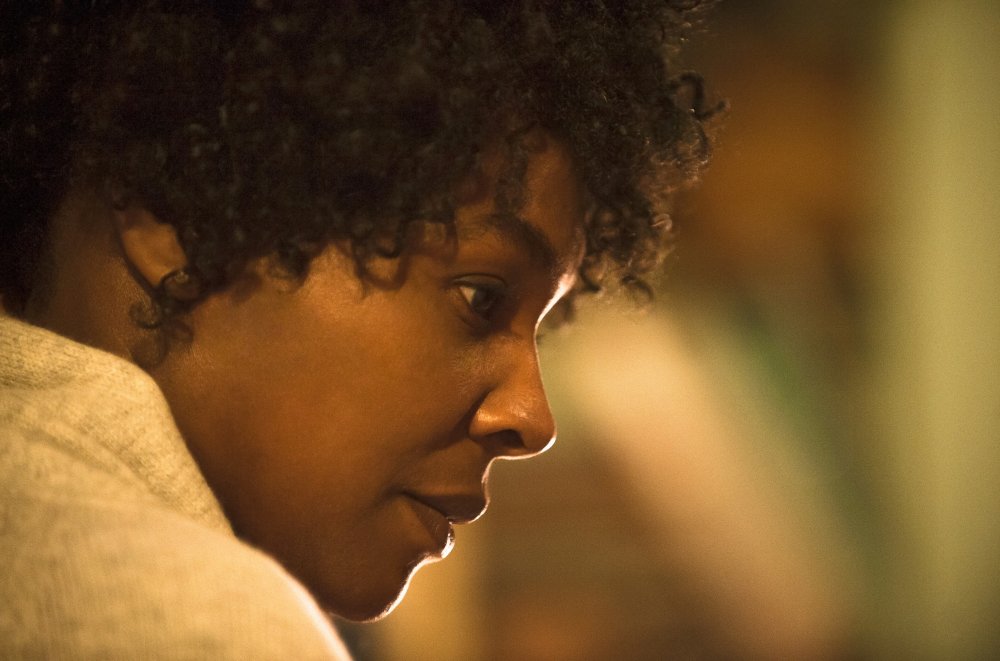
Second Coming (2014)
McFarlane, Wardill, Mirza and Butler, the Köttings, Morley, tucker green and Rebecca Johnson (Honeytrap) are part of a British film culture that Stewart sees as “exciting, with more female directors emerging out of great support for risk-taking, as the Film Fund, Film4 and the BBC foster possibility and opportunity for low-budget independent cinema.” But when it comes to recommending a hidden gem, Stewart picks one “for the home team”, selecting Australian visual artist Lynette Wallworth’s first film, the documentary Tender, soundtracked by Nick Cave and Warren Ellis.
Wallworth has already made a splash in London, projecting her stunning large-scale video installation Coral: ReKindling Venus at the Royal Observatory Greenwich as part of the London 2012 festival. “Her work is always very powerful, concerned with women, biology and ecology”, said Stewart. “It’s so exciting to see her make a feature-length film, a gentle and significant documentary about dying. She worked with a community who tackle taboos around death and burial. It’s beautifully, intuitively made.”
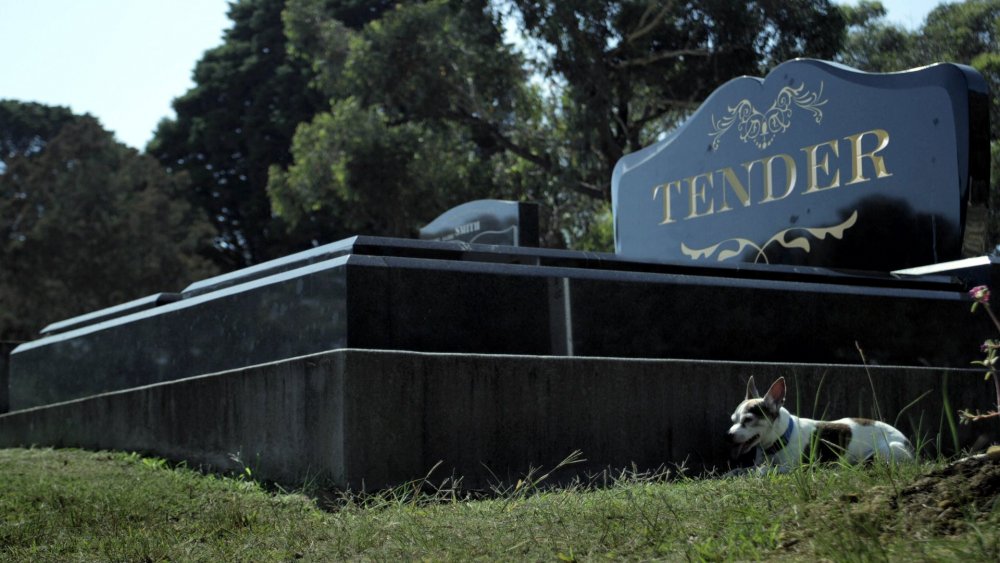
Tender (2014)
Demonstrating that gender equity and cinephilia are close companions, this year’s LFF programme offers an intoxicating opportunity to see the best of women’s cinema from around the world. To borrow the title of Shonali Bose’s eagerly-anticipated second feature, it’s a Margarita, with a Straw.
-
Women on Film – all our coverage
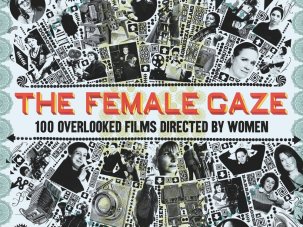
A window on our ongoing coverage of women’s cinema, from movies by or about women to reports and comment on the underrepresentation of women...
-
The Digital Edition and Archive quick link
Log in here to your digital edition and archive subscription, take a look at the packages on offer and buy a subscription.





